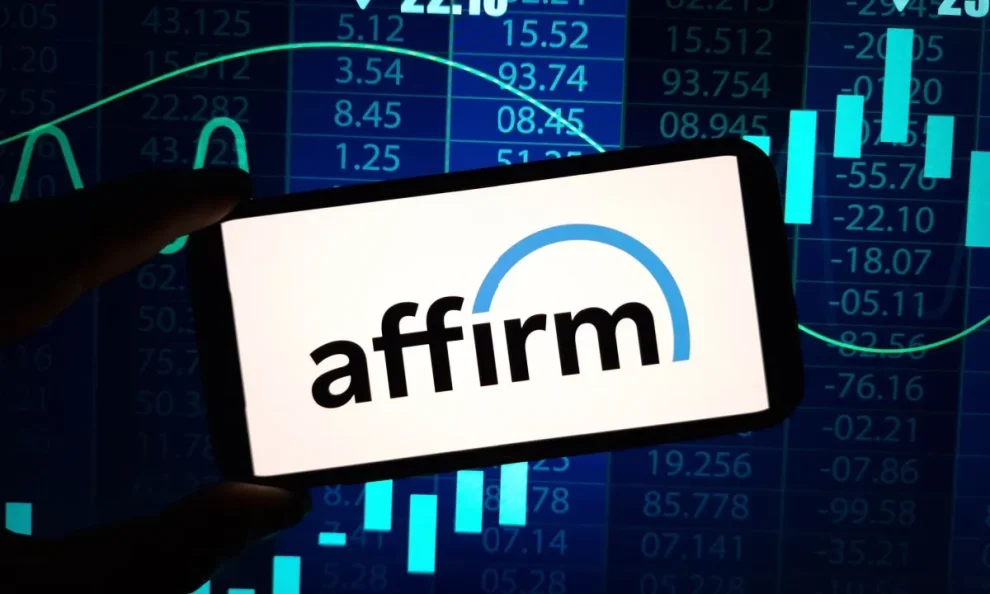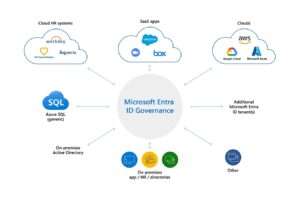Affirm Holdings Inc. saw its stock price nosedive following the announcement of a strategic partnership between rival Buy Now, Pay Later (BNPL) provider Klarna and tech giant Apple. This unexpected alliance has not only rattled investors but also signaled a potential reshaping of the rapidly evolving BNPL market.
Affirm, once hailed as a pioneer in the BNPL space, witnessed its stock plummet by over 15% in a single trading session, wiping out billions in market capitalization. The sharp decline came as a shock to many analysts who had previously touted Affirm’s strong position in the market and its partnerships with major retailers.
“This is a clear indication of how quickly the competitive landscape can shift in the fintech world,” remarked Sarah Johnson, a senior analyst at Fintech Insights. “The Klarna-Apple deal has effectively redrawn the battle lines in the BNPL sector.”
The partnership between Klarna and Apple Pay represents a significant leap forward in the integration of BNPL services with mainstream payment systems. Under the deal, Klarna’s BNPL options will be seamlessly integrated into Apple Pay, allowing users to split payments for purchases made through Apple’s payment platform.

Key features of the partnership include:
1. Instant access to Klarna’s BNPL services for millions of Apple Pay users
2. Integration of Klarna’s payment options directly into the Apple Wallet
3. Enhanced security measures leveraging Apple’s robust ecosystem
4. Potential for expansion into other Apple services and products
“This collaboration is a natural fit,” explained Johan Andersson, Klarna’s VP of Partnerships. “It combines Klarna’s innovative payment solutions with Apple’s unparalleled user experience and vast customer base.”
The market’s reaction to Affirm’s stock reflects growing concerns about the company’s ability to compete in an increasingly crowded BNPL landscape. Several factors contribute to these worries:
1. Market Share Concerns: The Klarna-Apple deal potentially gives Klarna access to Apple’s massive user base, threatening Affirm’s market share.
2. Integration Disadvantage: Affirm now faces a significant hurdle in matching the level of integration that Klarna will enjoy with Apple Pay.
3. Pressure on Partnerships: There are concerns that Affirm’s existing partnerships, including its deal with Amazon, may be under pressure.
4. Profitability Questions: The increased competition could lead to price wars, potentially impacting Affirm’s path to profitability.
Max Levchin, CEO of Affirm, attempted to assuage investor concerns in a hastily arranged conference call. “While we respect our competitors, we remain confident in our technology, our partnerships, and our ability to provide unique value to both merchants and consumers,” Levchin stated.
The Klarna-Apple deal and Affirm’s subsequent stock tumble highlight the volatile nature of the BNPL market. This sector has seen explosive growth in recent years, driven by changing consumer preferences and accelerated by the COVID-19 pandemic.
Key statistics illustrating the BNPL boom include:
– The global BNPL market is expected to reach $3.98 trillion by 2030, growing at a CAGR of 45.7% from 2021 to 2030.
– In the U.S., BNPL usage has grown by 300% annually since 2018.
– Millennials and Gen Z consumers are the primary adopters of BNPL services, with 75% of users falling into these demographics.
However, the rapid growth has also attracted scrutiny from regulators concerned about consumer debt levels and the potential for predatory lending practices.
The Klarna-Apple partnership has reshaped the competitive dynamics in the BNPL space:
1. Klarna’s Position Strengthened: Already a major player in Europe, Klarna now has a significant advantage in the U.S. market through its Apple Pay integration.
2. PayPal’s Response: As another major player in the BNPL space, PayPal may feel pressure to seek similar high-profile partnerships or acquisitions.
3. Traditional Financial Institutions: Banks and credit card companies are likely to accelerate their efforts to launch competitive BNPL products.
4. Potential for Further Consolidation: The deal may trigger a wave of mergers and acquisitions as companies seek to gain scale and technological advantages.
The sharp decline in Affirm’s stock price reflects a rapid shift in investor sentiment. While some see this as an overreaction, others view it as a realistic reassessment of Affirm’s market position.
“Investors are rightfully concerned about Affirm’s ability to maintain its growth trajectory in light of this deal,” noted Michael Chang, an equity analyst at TechInvest Securities. “The company will need to clearly articulate its strategy for competing in this new landscape.”
However, not all analysts are bearish on Affirm’s prospects. “While the Klarna-Apple deal is significant, Affirm still has strong fundamentals and valuable partnerships,” argued Lisa Tran of FinTech Capital. “This could be an opportunity for long-term investors to buy at a discount.”
The Klarna-Apple partnership also raises questions about potential regulatory scrutiny. As BNPL services become more mainstream through integrations with major tech platforms, regulators may increase their oversight of the sector.
“This deal could be a catalyst for more comprehensive regulation of the BNPL industry,” predicted John Smith, a former regulator now working as a fintech consultant. “Policymakers will be watching closely to ensure consumer protections are not compromised in the rush for market share.”
As Affirm navigates this challenging period, several key factors will determine its ability to recover and compete:
1. Innovation Pipeline: Affirm will need to accelerate its product development to offer unique features that differentiate it from competitors.
2. Strategic Partnerships: The company may need to seek its own high-profile integrations or partnerships to counter the Klarna-Apple alliance.
3. International Expansion: Diversifying into new markets could help Affirm reduce its dependence on the U.S. market.
4. Cost Management: With increased competitive pressure, efficient operations will be crucial for maintaining profitability.
5. Regulatory Navigation: Affirm’s ability to adapt to potential new regulations while maintaining growth will be critical.
The Klarna-Apple deal and Affirm’s stock tumble serve as a wake-up call for the entire BNPL industry. It underscores the importance of strategic partnerships and seamless integration with widely-used payment platforms.
Looking ahead, several trends are likely to shape the BNPL landscape:
1. Increased Integration: We can expect to see more BNPL services integrated directly into popular payment platforms and e-commerce sites.
2. AI and Machine Learning: Advanced algorithms will play a larger role in credit decisioning and fraud prevention.
3. Expansion Beyond Retail: BNPL services may expand into new sectors such as healthcare, education, and travel.
4. Global Consolidation: As the market matures, we may see a consolidation of players, with a few dominant global providers emerging.
5. Regulatory Evolution: The regulatory framework for BNPL services is likely to become more defined and stringent.
The partnership between Klarna and Apple Pay, and the subsequent impact on Affirm’s stock, marks a pivotal moment in the evolution of the BNPL industry. It highlights the volatile nature of the fintech sector and the power of strategic alliances in shaping market dynamics.
As the dust settles, all eyes will be on Affirm’s response and the broader implications for the BNPL landscape. Whether this moment represents a temporary setback or a long-term shift in the competitive balance remains to be seen. One thing is certain: the BNPL race is far from over, and the next moves by key players like Affirm, Klarna, and others will be crucial in determining the future of this rapidly evolving financial service.
















Add Comment